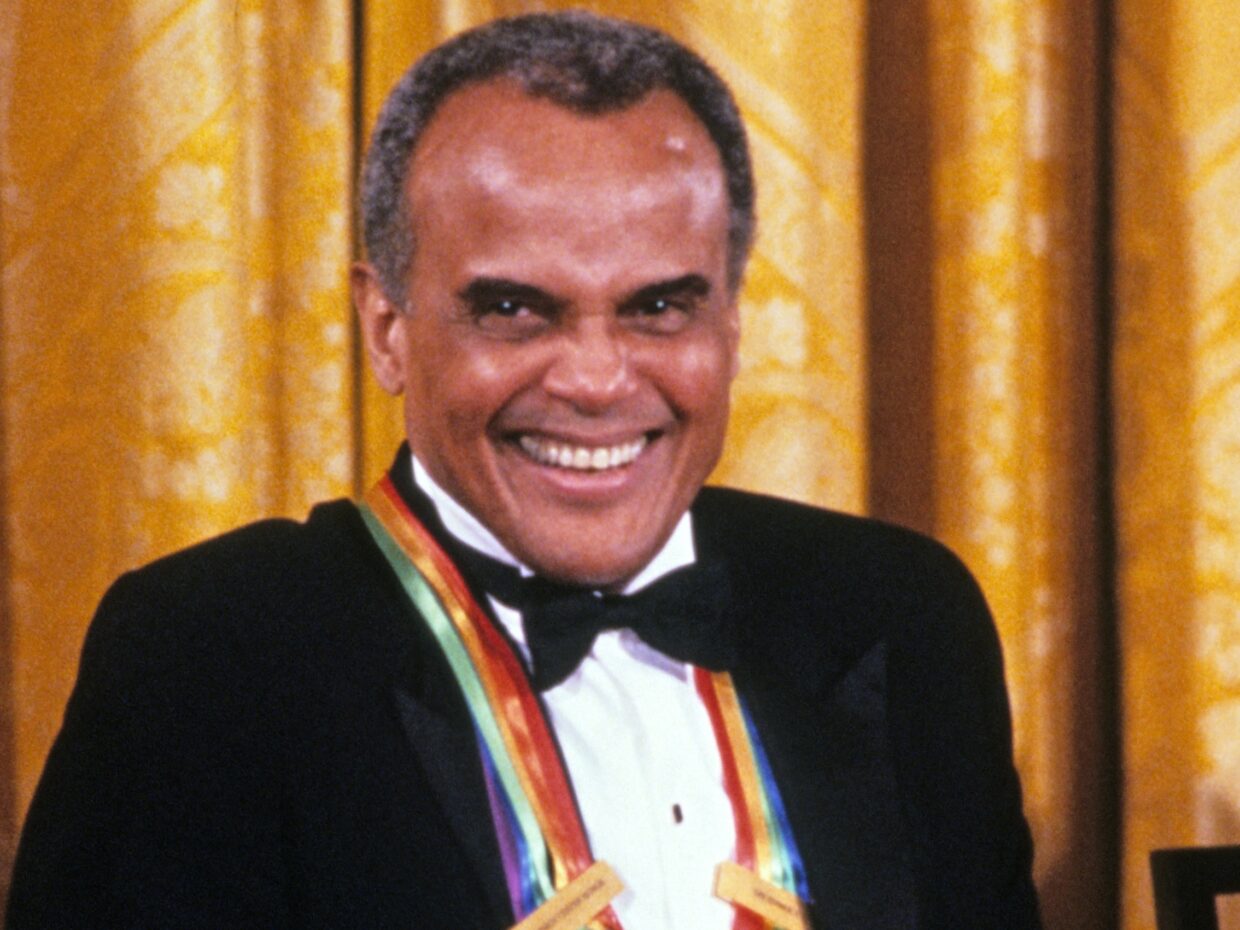Harry Belafonte reportedly died of congestive heart failure on Tuesday (April 25). He was 96. Following the groundbreaking success of Belafonte’s 1956 hit “The Banana Boat Song (Day-O),” he became known as the “King of Calypso.” But in 1984, when Belafonte’s singing and acting careers were already well established, he made an indelible mark on Hip-Hop, producing the genre’s seminal film, Beat Street.
The film was inspired by an original story called “The Perfect Beat” written by journalist Steven Hager, who sold the idea to Belafonte. Some of the plot was based on the 1983 New York City graffiti documentary, Style Wars. Afrika Bambaataa, the Soulsonic Force, Jazzy Jay, Kool Herc, Doug E. Fresh and Crazy Legs were among the many Hip-Hop legends who appeared in the film.
“When we were filming Beat Street, he had a ring with the initials ‘L.M.,'” Crazy Legs told AllHipHop in 2015. “Being the ignorant person that I was, I said [to Harry that means] ‘Love Money.’ And he told me ‘No, Love Many.’ It always stuck with me.”
Belafonte was an early supporter of the Civil Rights movement and became well known for his activism throughout his life. Last March, Q-Tip, Doug E. Fresh, John Legend, Danny Glover and Reverend Al Sharpton attended Belafonte’s 95th birthday during the inaugural Harry Belafonte Social Justice Awards ceremony. Belafonte’s work as a political activist was recognized with musical performances and video tributes. Additional testimonials by politicians, racial justice leaders, elected officials and musicians about his impact were also shared at the event.
🙏🏿. pic.twitter.com/8cQblYCzqd
— Chuck D (@MrChuckD) April 25, 2023
Despite Belafonte’s death, he will live on through the music he created—even rap. In 2011, Lil Wayne sampled “The Banana Boat Song (Day-O)” for “6 Foot, 7 Foot” off Tha Carter IV. The song introduced a new legion of fans to Belafonte’s music.
“It’s not my song,” he said at the time. It’s a song that belongs to millions of people in the Caribbean,” he said. “An ancient work song that people, of which my family was one of them, [who] were plantation workers … sang in the day and they sang in the night. They sang every opportunity they could get to throw off the burdens of poverty, and therefore the song has great significance.
“I’m just glad to see that the younger generations have picked it up and are carrying the song forward in their own way, just like I picked it up in my time.”
Tributes for Belafonte are pouring in on social media. AllHipHop sends our condolences to Belfonte’s family and all those who loved him.
